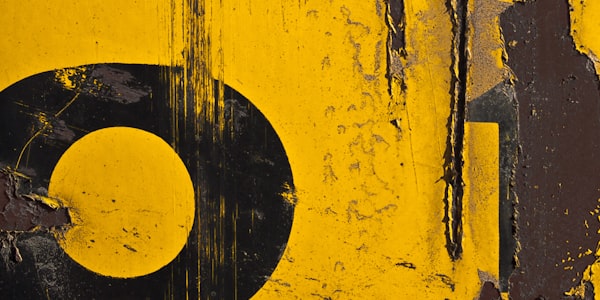The current furore in the UK over whether observant Muslim checkout staff in supermarkets may refuse to serve customers buying Champagne in Marks and Sparks speaks volumes as to where UK consumers buy their bubbles and the religious sensitivities of retail staff. Which shines an unwelcome light on the Diners Club credit card which seems to have staked their marketing budget on alcohol, buying the controversial Platter sighted wine guide earlier this year.
Whether observant Muslims can use a credit card given Islam’s strict rules on usury and charging interest is something for the Mullahs to mull over. But should Muslim merchants accept payment from a Diners Club card when the financial instrument is aligning itself ever more closely with wine? Perhaps Diners CEO Ebrahim Matthews has an insight for he’s already in the invidious position of presiding over an annual lavish Winemaker of the Year awards dinner while not drinking himself for religious reasons. You need to be King Solomon to sort this one out.
But Diners owner Standard Bank may wish to re-look at the whole alcohol focus of its subsidiary as a large segment of its client base may find the increasing emphasis on alcohol unacceptable. Indeed, should banks be the overwhelmingly dominant bank-rollers of wine functions and would they not be better off sponsoring sport?
In the case of Diners it is even more acute when it looks like the whole wine focus is being driven by Diners director Reg Lascaris, who has extensive wine interests of his own. Heck in 2012 his brand Boekenhoutskloof was Platter Winery of the Year, so whatever happened to corporate governance? As a lawyer commented over lunch yesterday, Standard Bank chairman Fred Phaswana must be hoping that shareholder activist Theo Botha does not turn the current fermenting mess into a crusade!
Religion and retail clash spectacularly in supermarkets. For many years the Western Cape wine buyer for Pick ‘n Pay was an observant Muslim. Something for the Ayatollahs to argue: the Islamic version of how many angels can dance on the head of a pin.




